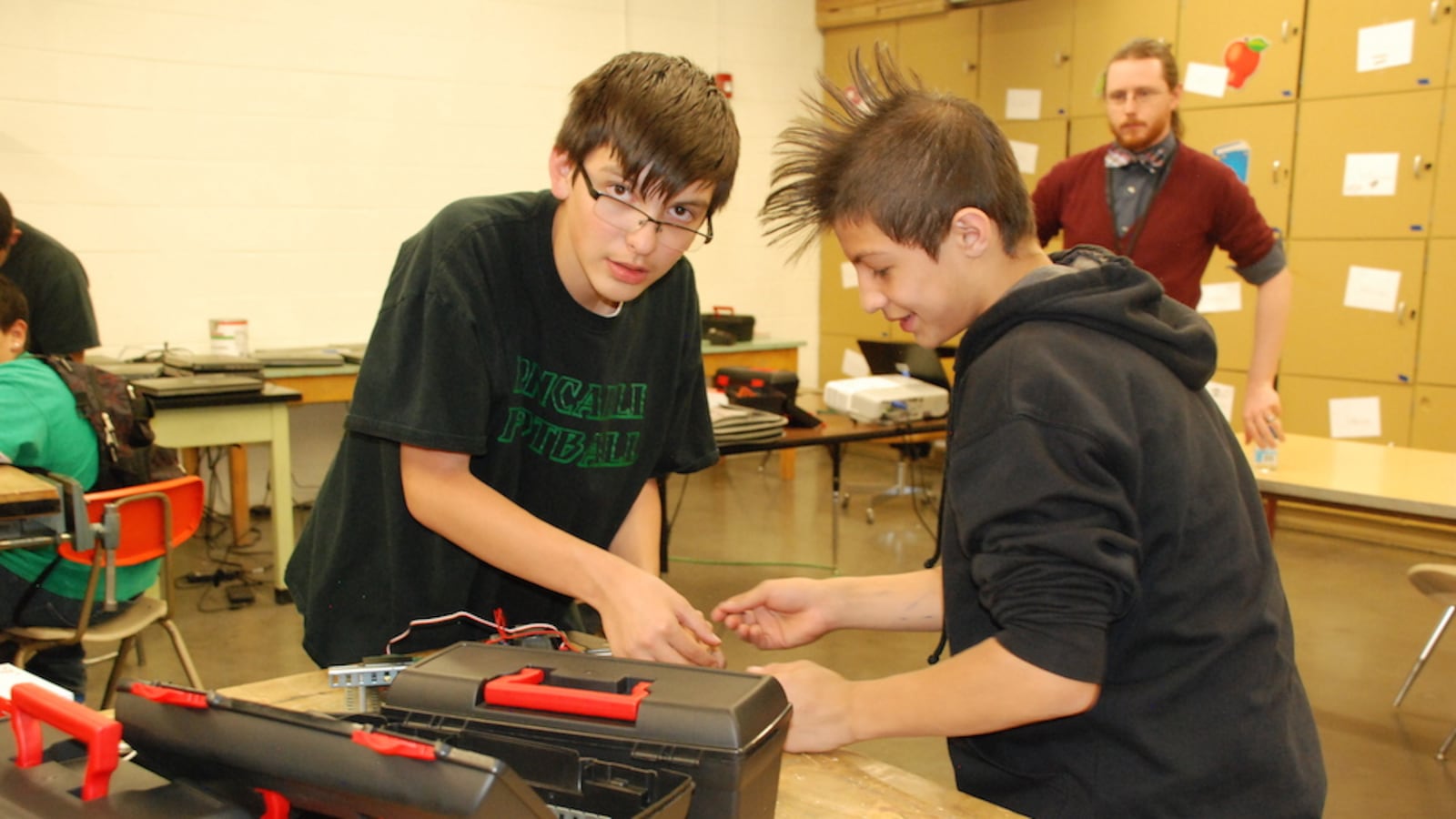Struggling Pueblo City Schools got the go-ahead Thursday to unite six schools in an effort to better train and retain teachers, a plan that is likely to be the cornerstone of a broader improvement effort required because of chronic low student performance in the district.
The State Board of Education voted unanimously to approve the district’s first innovation zone, which will give the six schools serving the city’s most at-risk students more freedom to work together while not being required to follow some district and state policies.
“At the end of the day, it’s about what teachers do in the classroom,” said Charlotte Macaluso, the district’s interim superintendent.
The state’s innovation law is becoming an increasingly popular route for districts seeking to boost student achievement, especially those on the state’s accountability watch list for poor performance. Schools in Denver and Aurora are taking advantage of the law to extend their calendar and find new ways to hire and keep teachers.
Pueblo City Schools, which educates about 17,000 students, is the largest district on the state watch list. Schools and districts that fail to improve student learning within five years, like Pueblo, face a variety of consequences next year that could include closing schools or turning over management of the district to a third party.
Granting a struggling school innovation status is also an option.
Because the district worked closely with the state education department on the innovation zone, the plan is likely to play a significant role in any future decision the state board makes about Pueblo’s struggling schools. But the state board could still make other demands on the district, such as turning over some of its schools to charter authorizers.
The state board in previous meetings has cast doubt on whether innovation status is enough to move schools forward. A Chalkbeat review last spring of innovation schools found most have failed to improve academic achievement.
Pueblo officials acknowledged their existing innovation schools haven’t made enough progress to get off the list, but they believe a cultural tide has turned.
“The biggest difference is we have very safe schools,” said Karen Ortiz, the district’s director of innovation. “Now we’re starting to see the foundation to establish student achievement.”
State board members, growing more familiar with the role they will play in the coming months as low-performing schools come forward for sanctions, asked pointed questions about the plan.
Board member Debora Scheffel, a Republican from Parker, asked how the district’s plans would address longstanding problems in the district.
“If it’s more of the same, that’s not good,” Scheffel said. “The devil is in the details.”
District officials, citing one example of new training, said teachers were learning how to write better quizzes to match the state’s standards.
“The old saying, ‘You can’t teach an old dog new tricks’ — I don’t think that’s true,” Ortiz said.
The state board’s approval on Thursday is one more piece of good news for the district after a rocky summer.
In July, the school board and the superintendent abruptly parted ways, catching many by surprise.
Macaluso was appointed interim superintendent last month. She was previously the principal at Risley International Middle School, one of the schools that will be part of the innovation zone and that has struggled to raise test scores.
“She’s lived innovation, and knows it very well,” said Phyllis Sanchez, Pueblo’s school board president. “We believe we have the right leaders in the right places.”

